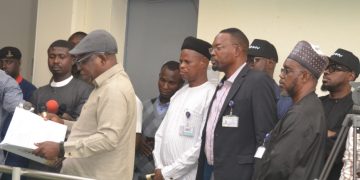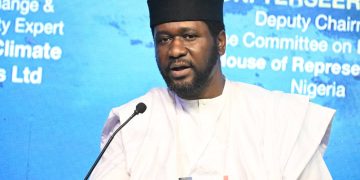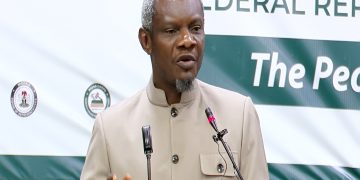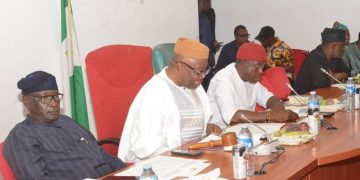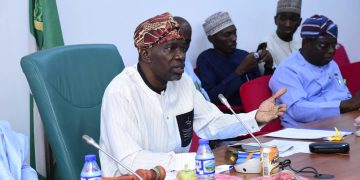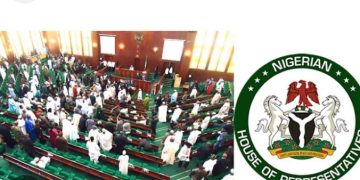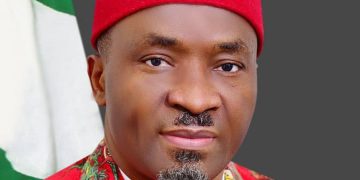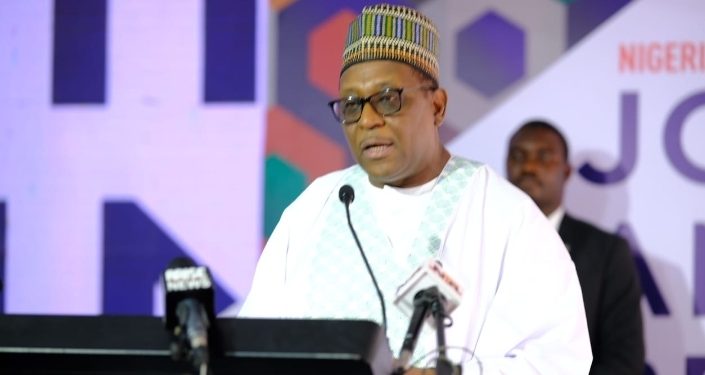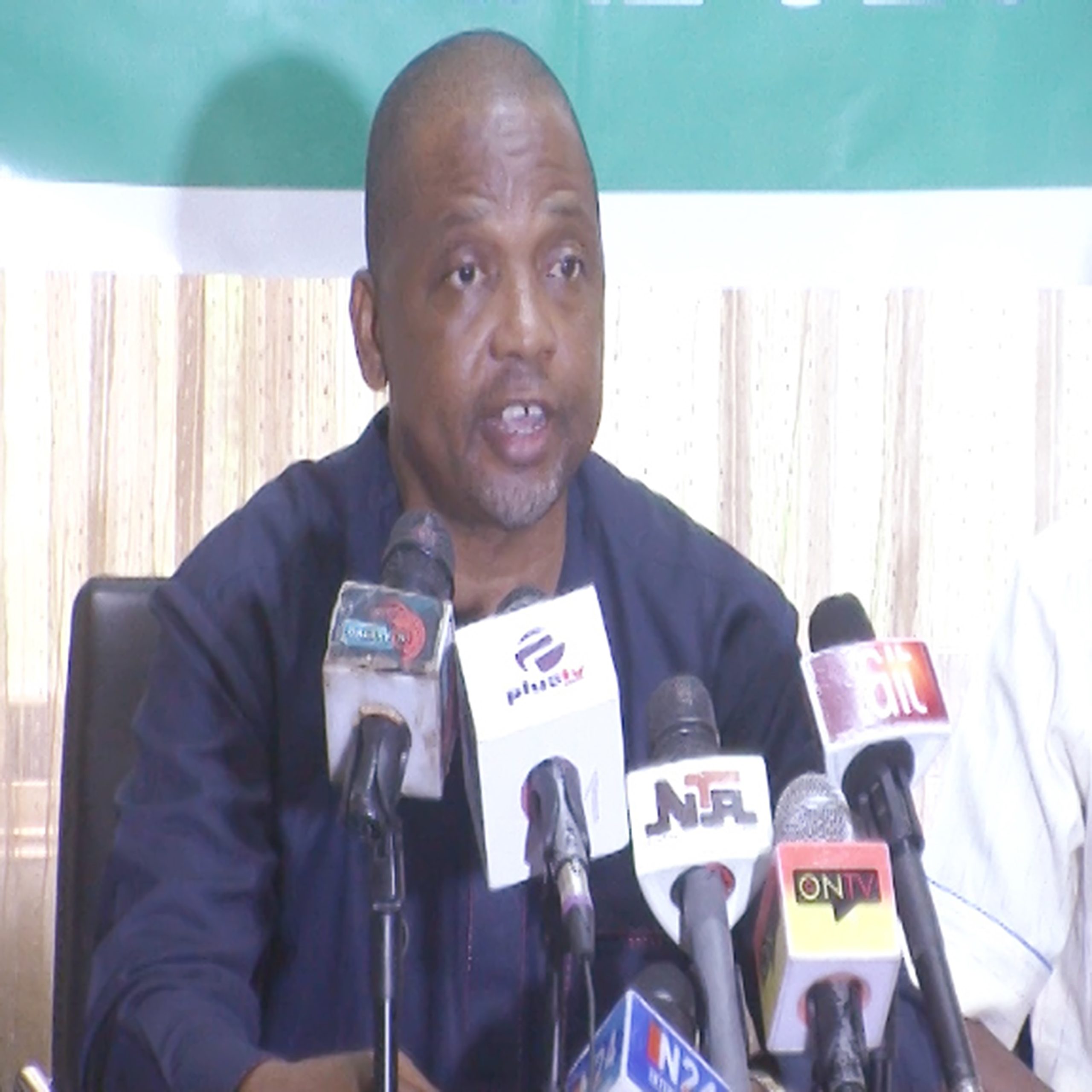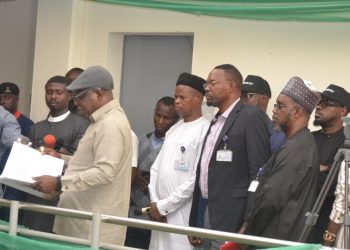By Comfort Olayinka
Nigeria’s health sector has recorded significant progress, with a 16.7% reduction in under-five mortality and a 40% decrease in diarrheal diseases, according to the Demographic and Health Survey (DHS). These achievements were highlighted at the Joint Annual Review (JAR) of the health sector, held in Abuja.
The Honorable Minister of Health and Social Welfare, Prof Ali Pate in his keynote address, commended the collective efforts of stakeholders, including state commissioners of health, development partners, and health workers. He emphasized the importance of transparency, accountability, and progress in achieving the national health objectives.
“To our development partners, who have been patient with us as we undertook this journey to sharpen focus on Nigeria’s health priorities—thank you for your support. From bilateral partners to multilateral organizations, philanthropic bodies, and global health initiatives, your dedication has been invaluable, and we deeply appreciate your commitment.’
President Bola Ahmed Tinubu’s Renewed Hope Agenda prioritizes healthcare, with increased budget allocation to the sector. The Minister expressed gratitude for the President’s leadership and commitment to ensuring quality healthcare for all Nigerians.
“I thank Mr. President, who recognizes that good health is critical to harnessing Nigeria’s greatest asset—our people, particularly our youth. His commitment to ensuring that all Nigerians can access quality health services without financial hardship has been demonstrated through a significant increase in the federal budget allocation to health and social sectors in 2024.”
The JAR brought together distinguished lawmakers, officials, and stakeholders to assess the health sector’s performance. Discussions centered on improving population health outcomes, healthcare financing, and addressing challenges such as maternal mortality and malnutrition.
Dr. Muntaqa, leader of the SWAp Coordinating Office, presented the State of Health Report, highlighting progress and areas for improvement. The report provides an evidence-based analysis of the health sector’s current standing.
The Minister of State for Health and Social Welfare, Dr. Iziaq Adekunle Salako, emphasized the need for multi-sectoral collaboration to address health challenges. He praised President Tinubu’s commitment to healthcare and urged stakeholders to work together to achieve universal health coverage.
Dr Salako said”Interestingly, for me it is an auspicious and a unique opportunity to be participating in this maiden event, with my redeployment from the Federal Ministry of Environment to the health ministry in the recent cabinet reshuffle by President, Bola Ahmed Tinubu, GCFR. I wish to therefore use this opportunity to appreciate President Bola Ahmed Tinubu for this opportunity and re-dedicate myself to the service of our country through the enablement of Mr. President.”he added.
The Joint Annual Review also featured the launch of the Public Perception Survey and the Health Vulnerability and Adaptation Report. These reports address critical issues such as climate change’s impact on health and the need for resilience in the healthcare system.
State governors were commended for their commitment to primary healthcare, immunization, and nutrition. Development partners were thanked for their support and alignment with the Sector-Wide Approach (SWAp) principles.
The inaugural State Health Scorecard was presented, providing a comprehensive overview of health performance metrics across each state. This tool enables objective assessment and targeted interventions to improve health outcomes.
In her welcome address,the permanent Secretary of the ministry of health and social welfare Mrs Daju Kachalum described JAR as the reflection of the continuous commitment of the ministry.
“let this meeting serve as a reaffirmation of our commitment to continuous improvement. We must embrace the spirit of learning—celebrating our successes while critically analysing our shortcomings.”
She urged that “As we review our progress and set our priorities for the coming year, let us keep our focus on measurable outcomes. We owe it to the Nigerians we serve to ensure that our efforts translate into tangible improvements in their lives.”she added.


